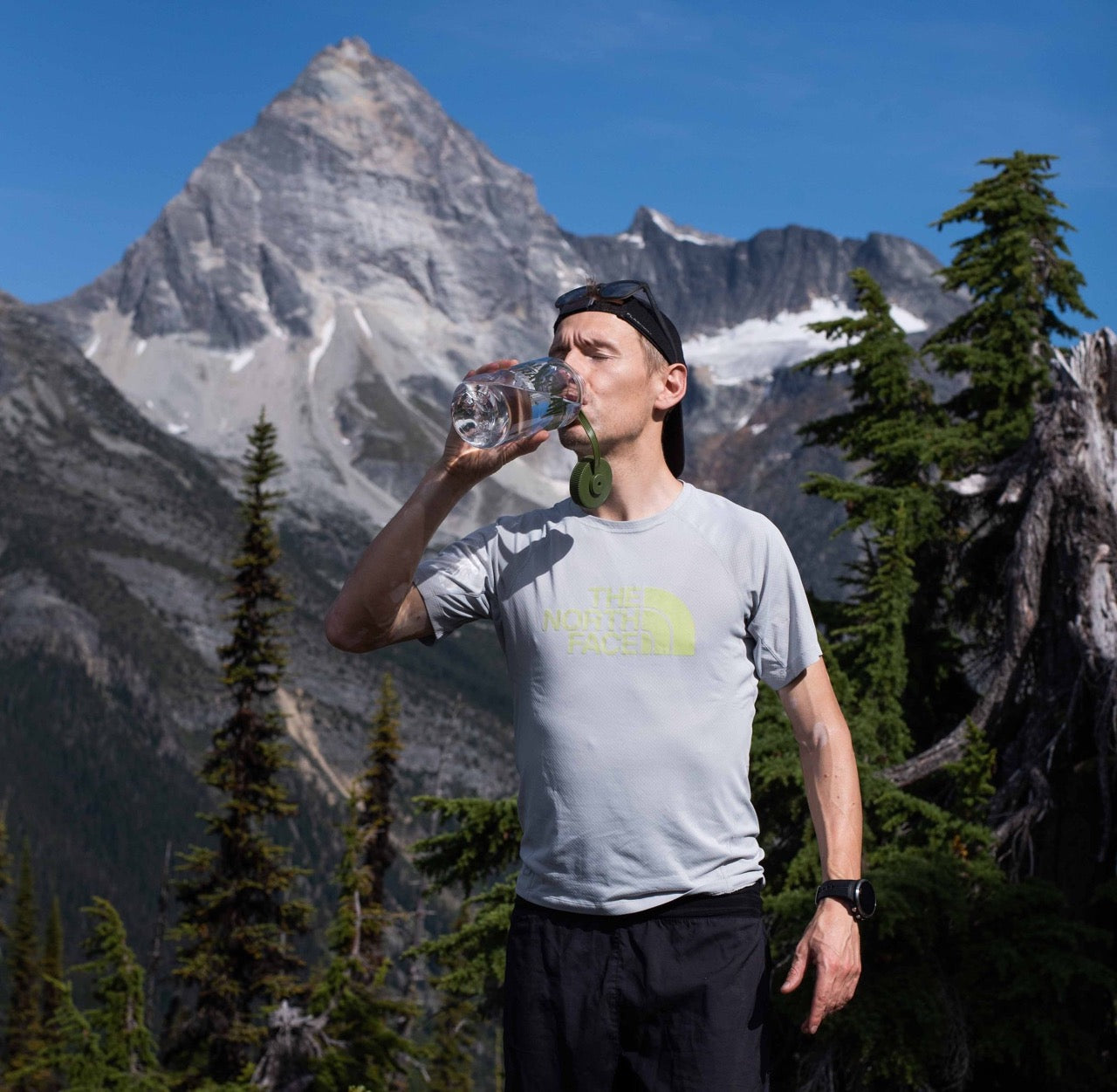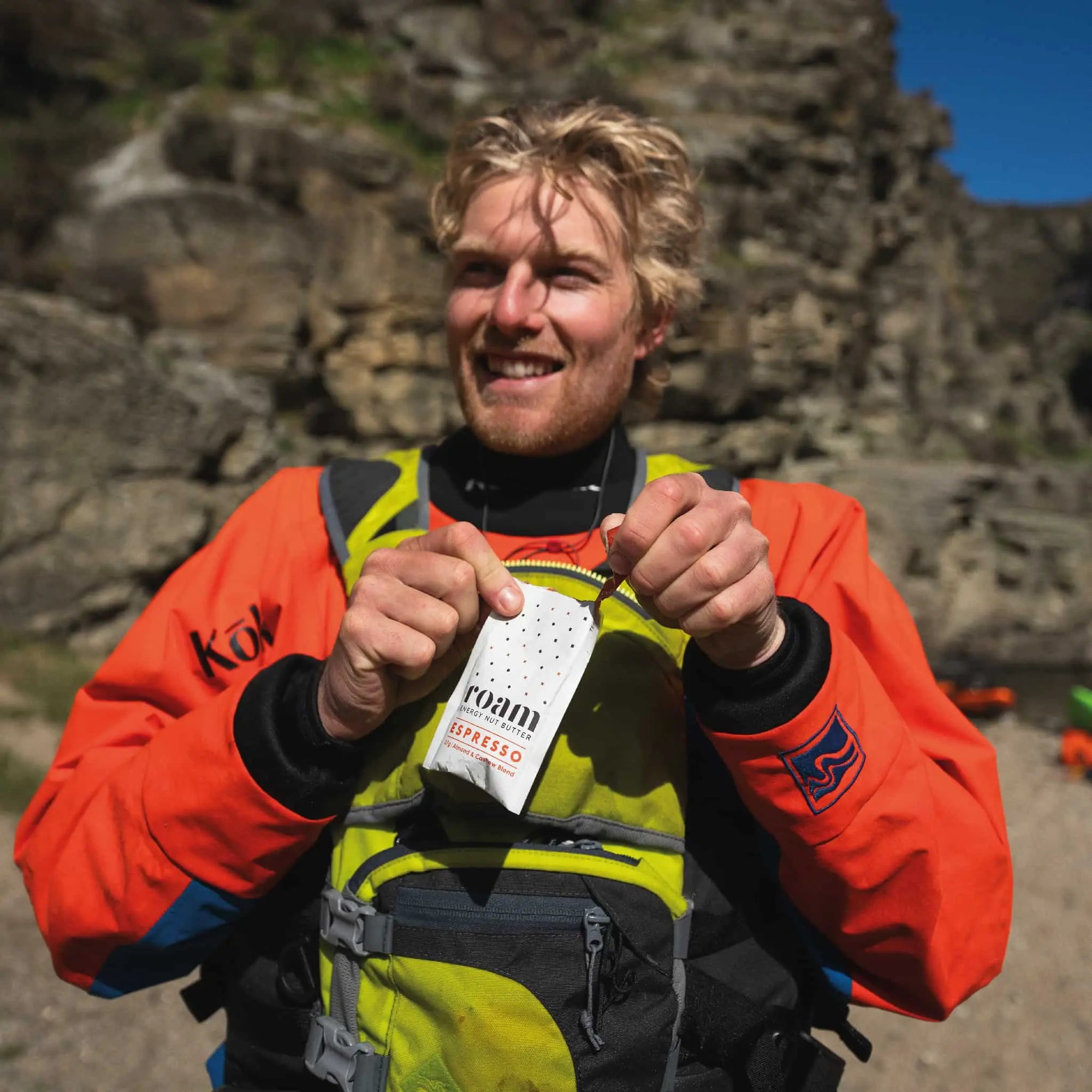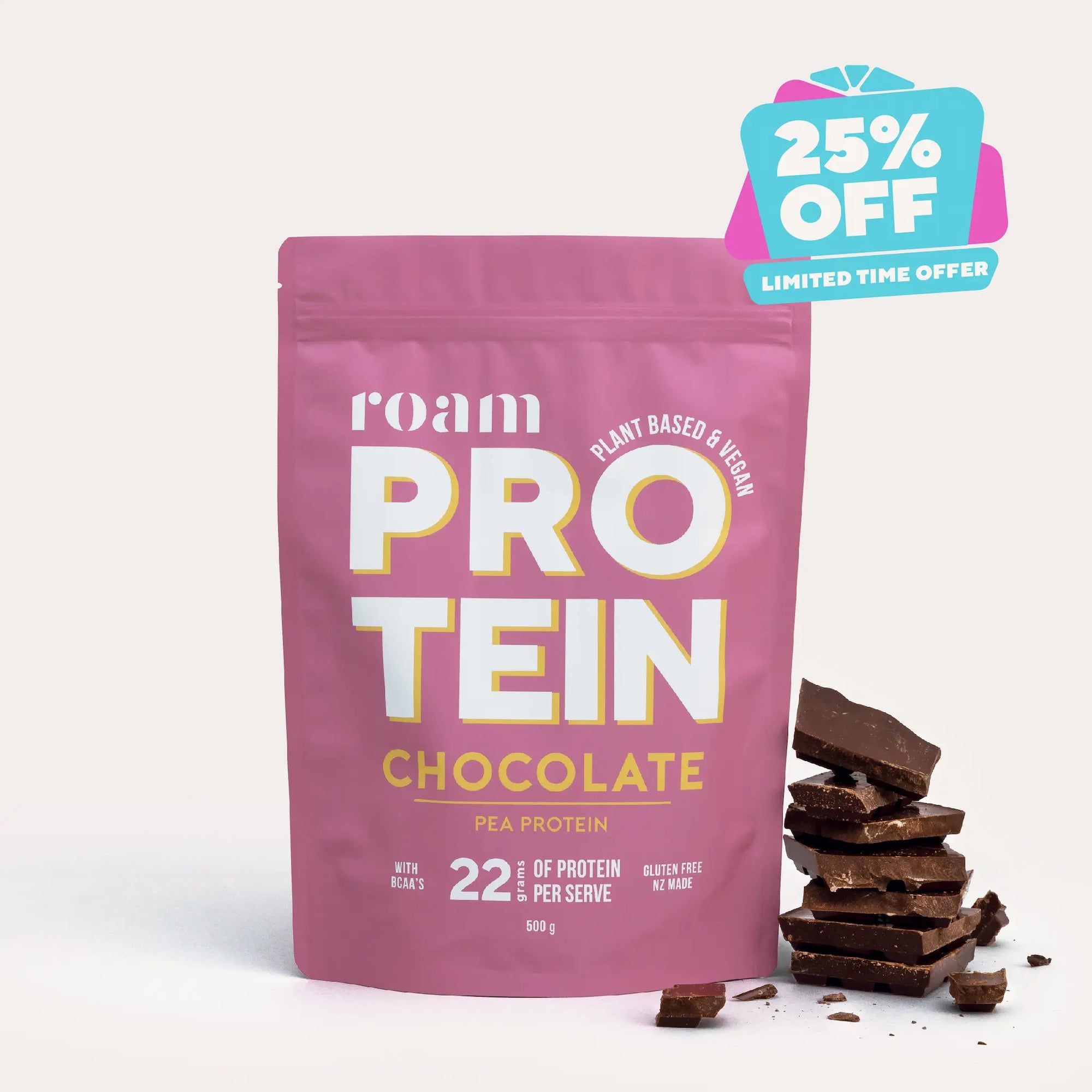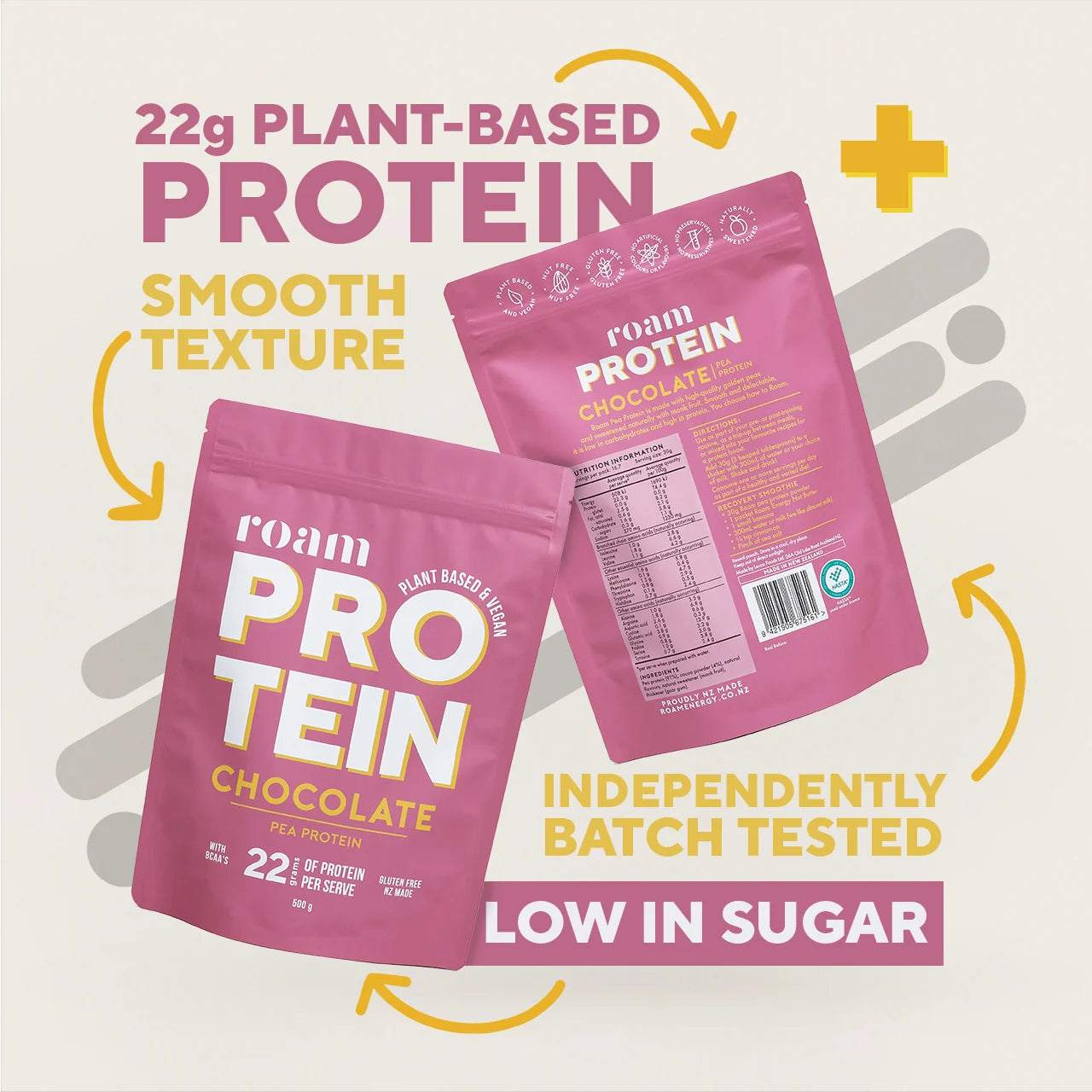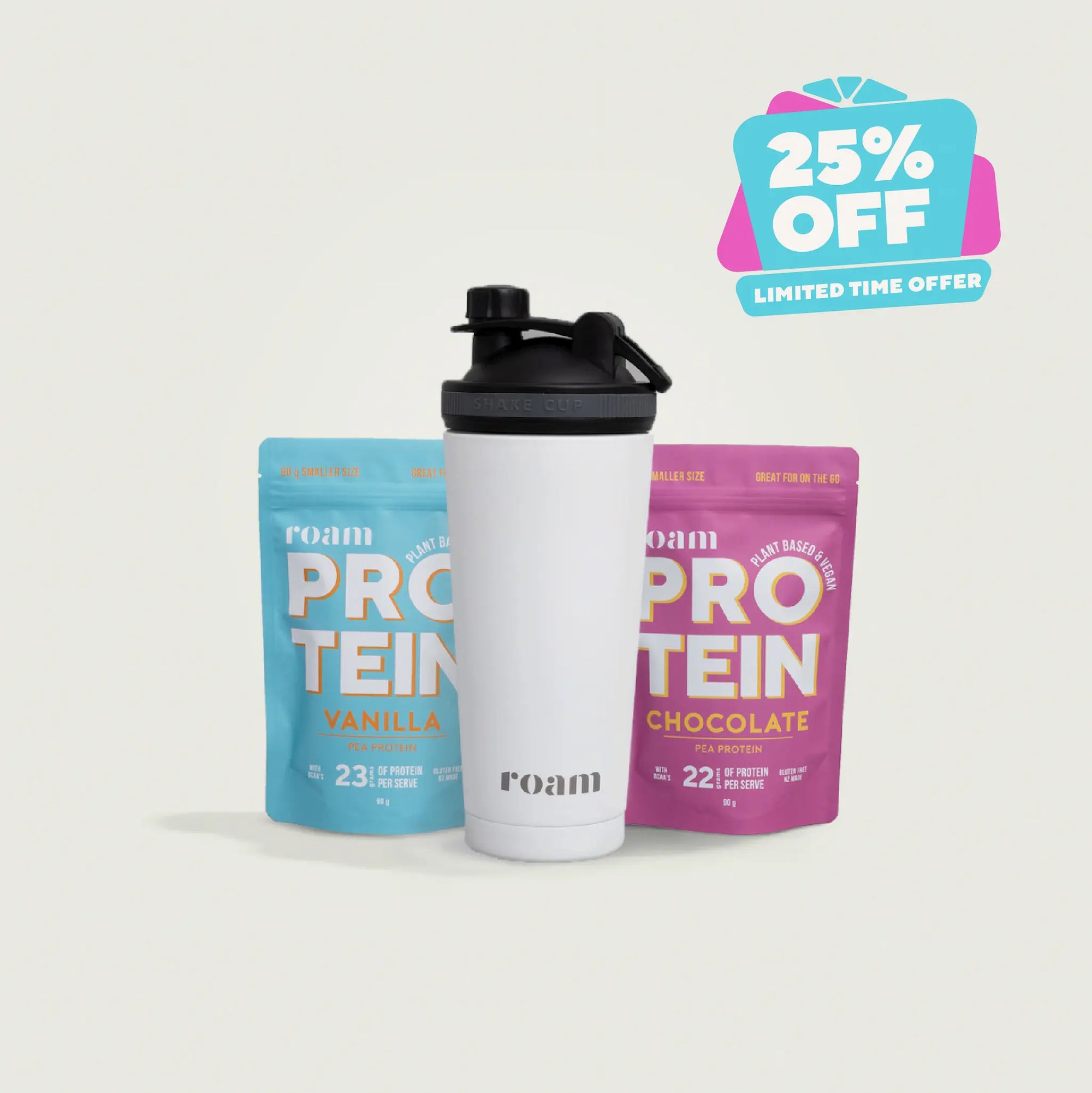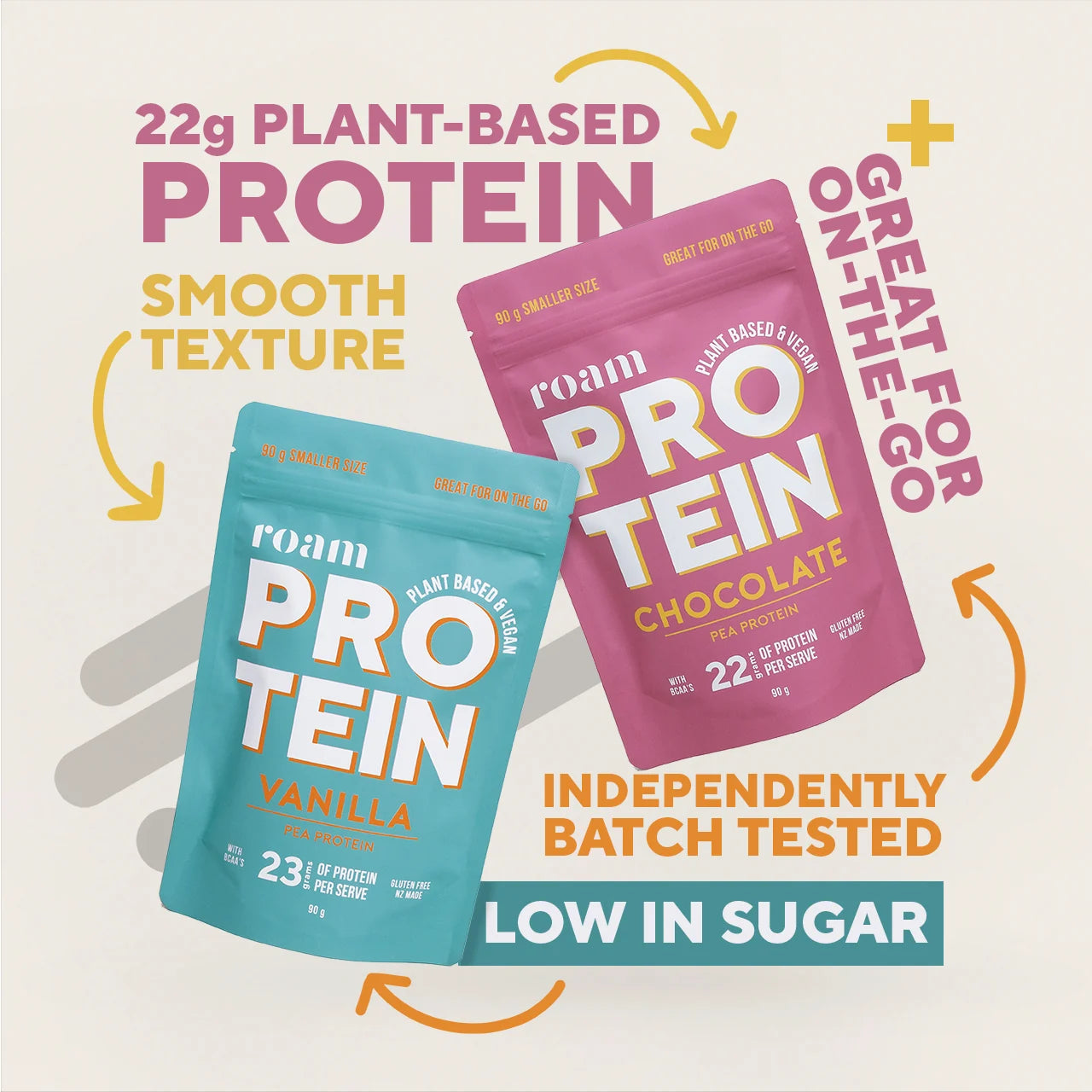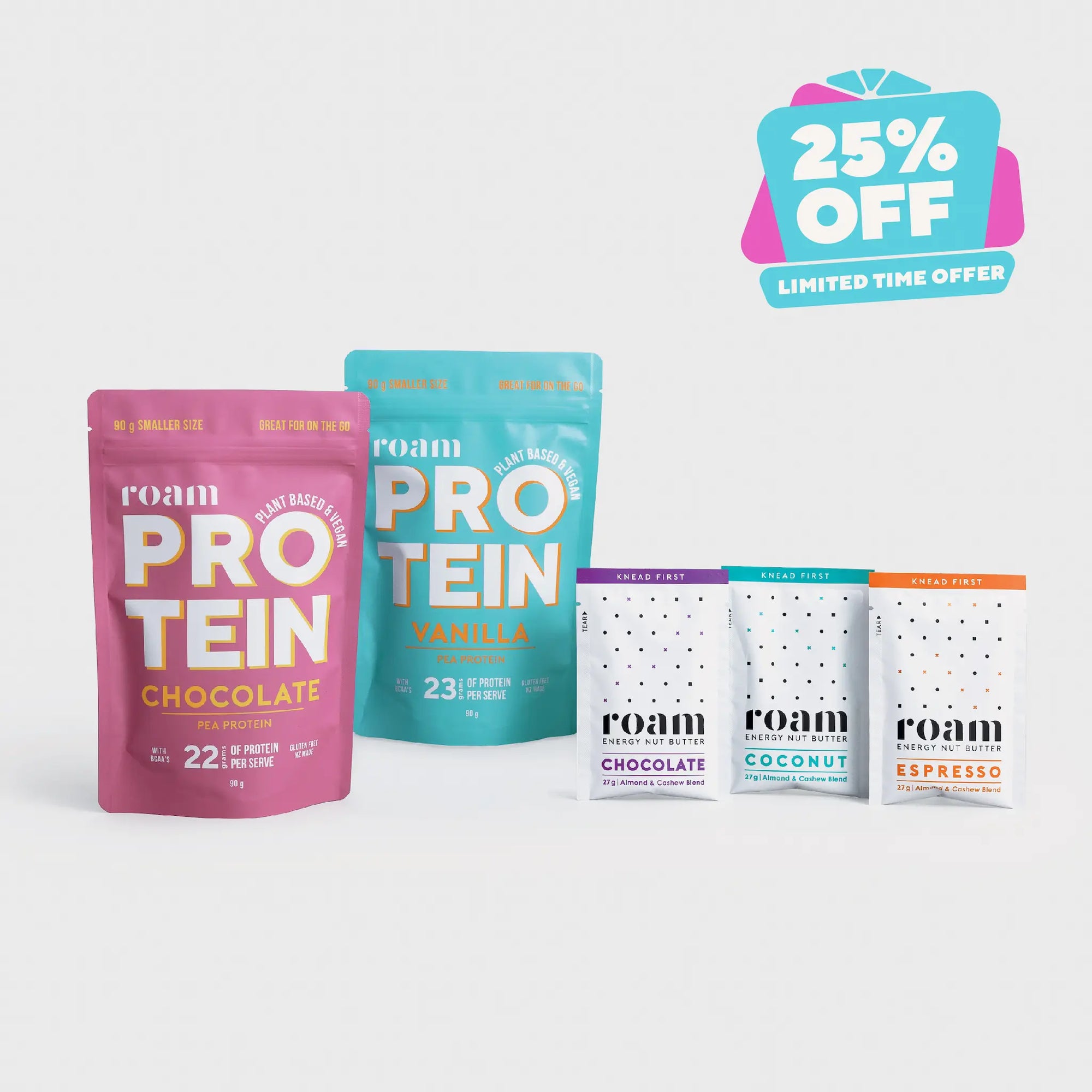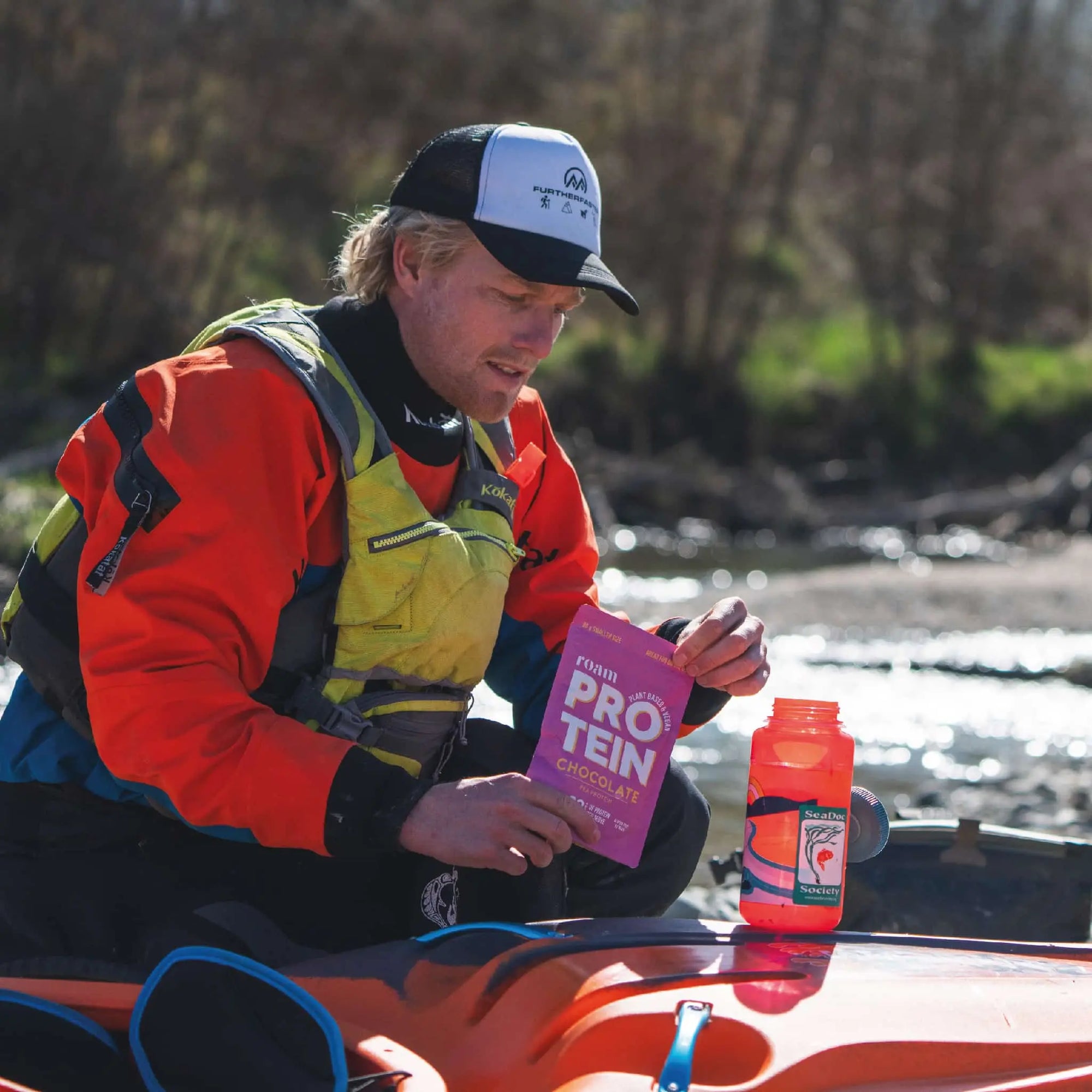Planning Your Race Day Nutrition for Tarawera Ultramarathon and Coast To Coast
We’ve welcomed the new year and for some of us, February is looming! Two big endurance events are scheduled in February: Tarawera Ultramarathon in Rotorua, and the iconic Coast To Coast multi-sport race in the South Island.
With less than a month to go, it’s time to start thinking and practicing your training and race-day nutrition.
Nutrition becomes more important for long-duration events. For races lasting a few hours (trail half-marathon, road marathon, <100K bike race) you can usually get away with, and have a good race with a basic or even sub-optimal nutrition strategy. Poor hydration, inadequate calorie intake during the race will likely get you to the finish line. In these ‘shorter’ events, carbs are king: gels, energy drinks, and Coke at the last aid station are effective at producing fast-release energy that pulls us through. Sure, you may suffer from a dodgy gut, but often that’ll be after the race.
This changes in longer events. For Tarawera Ultra 102km, the average runner will be on their feet for 15 hours or more. For Coast To Coast, the Longest Day individuals take a similar time to complete the full event. During this time, your body is working hard, but at a lower intensity than say, marathon race pace. And you’re exercising through the times that you’d normally have breakfast, lunch, and then dinner.
With this in mind, does it make sense to consume JUST carbohydrates during this period? For some high performing and elite athletes, it may do. They finish the event faster, they may have trained their gut to tolerate high volumes of carbohydrate over many hours. However, for most of us, it could spell disaster. There is nothing worse than putting in months of training for an event, for it to be derailed by an uncooperative gut!
So, here are some tips to consider before race day. Obviously we’re all different, so it’s up to you to experiment during training to find what works best.






